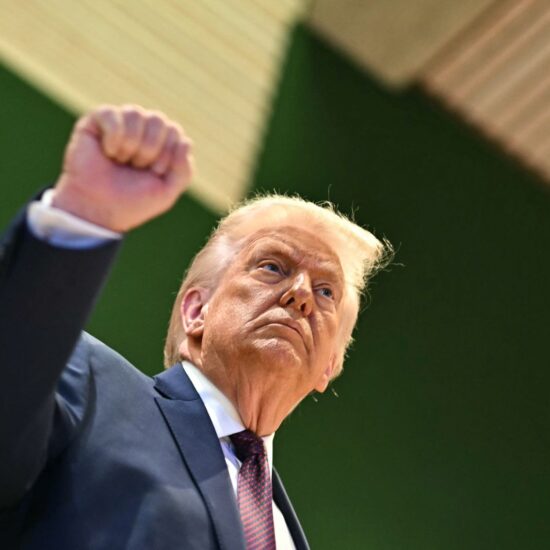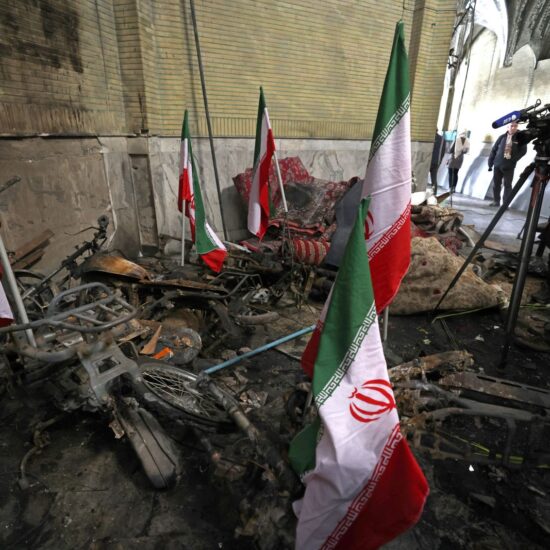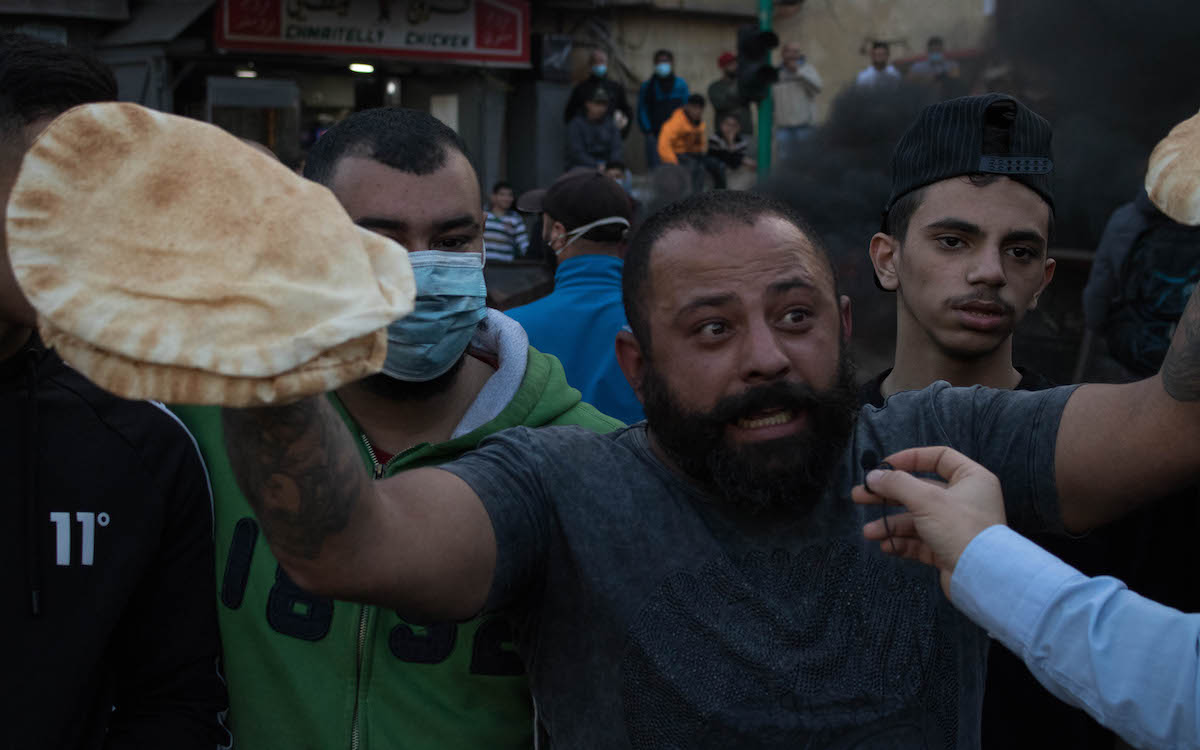
2021 is ending the same way it started.
Lebanon is in the midst of an ever-worsening economic crisis, with the lira reaching record-lows to the US dollar. Coronavirus cases and deaths are on the rise and could potentially spike after the new year. The country’s politics are in a state of paralysis, seemingly going nowhere.
Analysts, like Paul Salem, president of the Middle East Institute in Washington DC, are not hopeful that next year will prove to be any better than the last.
With no recovery plan to pull the country out of what the World Bank described as one of the worst economic crises “since the mid-nineteenth century,” there is little hope for any reprieve to the worsening crisis. And, with both parliamentary and presidential elections next year, the possibility for more political turmoil opens up.
“What is most acute in Lebanon is obviously the economic, monetary, banking situation which is affecting poverty,” Salem told NOW. “You don’t have electricity, there is no energy, you have no healthcare system that is really viable. Lebanon has always had turbulent politics but at least life went on in a reasonable way underneath all of that. Right now, that’s not the case.”
However, for the many Lebanese who took to the streets in 2019, the parliamentary elections are seen as an opportunity to start changing the political landscape of the country. But the fate of the elections remains uncertain.
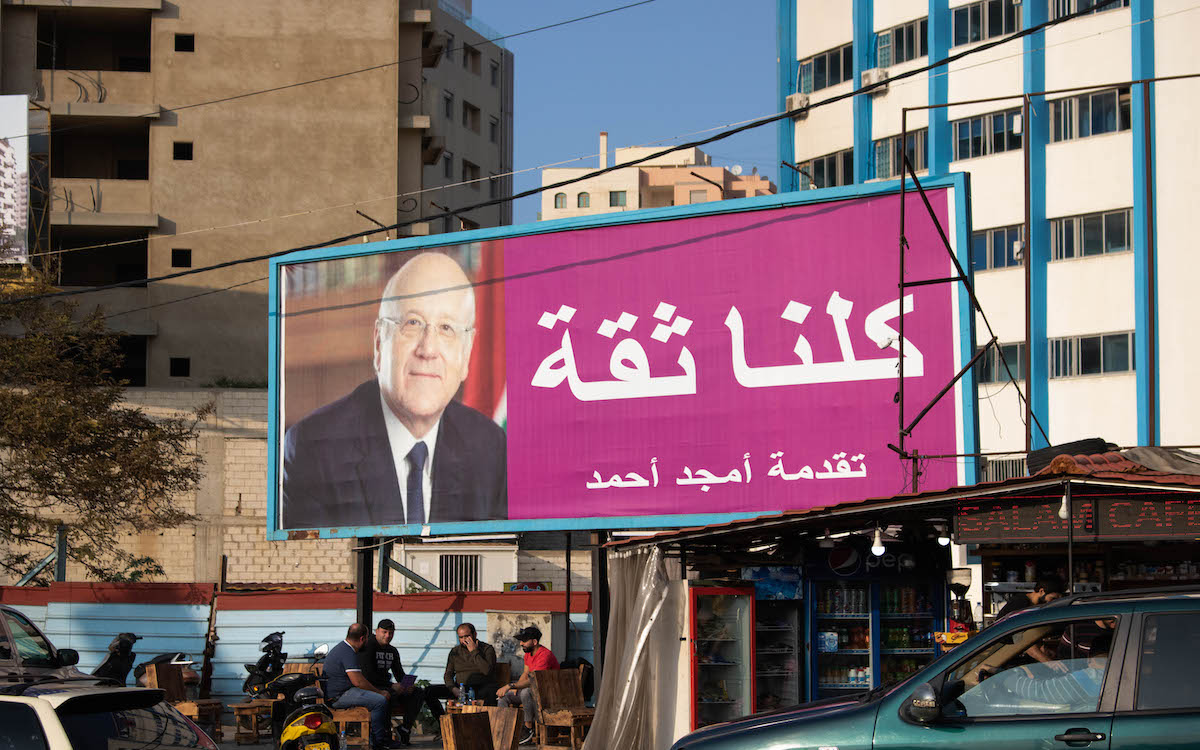
Going to the polls
For around two months, Lebanon’s politicians debated over when to hold the scheduled parliamentary elections next year.
The majority said that they should be held earlier in March, while President Michel Aoun, his son-in-law Gebran Bassil and their party, the Free Patriotic Movement, opposed this proposal, insisting that they should continue to be held in May as planned.
It was not until the final week of 2021 that the Lebanese people finally learned when the election would be. May 15.
Now, establishment and revolutionary parties alike are gearing up for what is expected to be one of the most consequential elections in Lebanon’s history, as it could see parties that were formed in the wake of the October 17 uprising gain political power, or just as easily continue the dominance by Hezbollah on Lebanese politics, both of which would have ramifications on the country’s immediate trajectory.
According to Salem, though, it is impossible to predict what the results of the election might be exactly, even adding that there is the possibility that they will not even be held as planned.
“There’s a lot of uncertainty,” he said. “If elections do happen, it is hard to exactly predict results, but I think there will be some change in the parliament, limited change. Not wholesale change. But I think it’s significant. Particularly if some of the districts where the president and his son-in-law [Gebran Bassil] have a very strong showing, that might decline. And that would affect Hezbollah’s alliances there.”
However, should elections not be held, then that would put Lebanon in an even more precarious situation than it is already in, further isolating it from the international community and adding to the myriad political woes that the country is already facing.
This possibility is not far-fetched. Lebanon has a history of postponing elections. After 2013, elections were postponed three times before they were finally held in May 2018.
More significant than May’s parliamentary elections is the presidential election that is set to take place soon after.
This also presents a level of uncertainty – if a government is not formed soon after the parliamentary elections and the president’s term ends, there can be no new government until a president is selected.
“If the elections happen in May, by the time the elections are finished and all of that, we’re right up against the presidential elections,” Salem explained.
“Given all of the political commotion that will cause, that might complicate things in such a way that a government is not formed, the caretaker government continues, the president’s term ends and then you cannot form a new government until you elect a new president. Presidential elections might take a month, a year or two years. There’s a risk of getting into a very extended caretaker situation because of, also, the presidential issue.”
Currently, it is unclear who would lead a new government.
The obvious choice is the current prime minister, Najib Mikati, but if former PM Saad Hariri decides to run in the election, which he is expected to announce after the new year, and his Future Movement party does well, then he would also be a natural contender for the position.
The choice of prime minister and president will also have consequences on Lebanon’s relationship with the Gulf Arab countries and steer the fate of the diplomatic crises between the two countries.
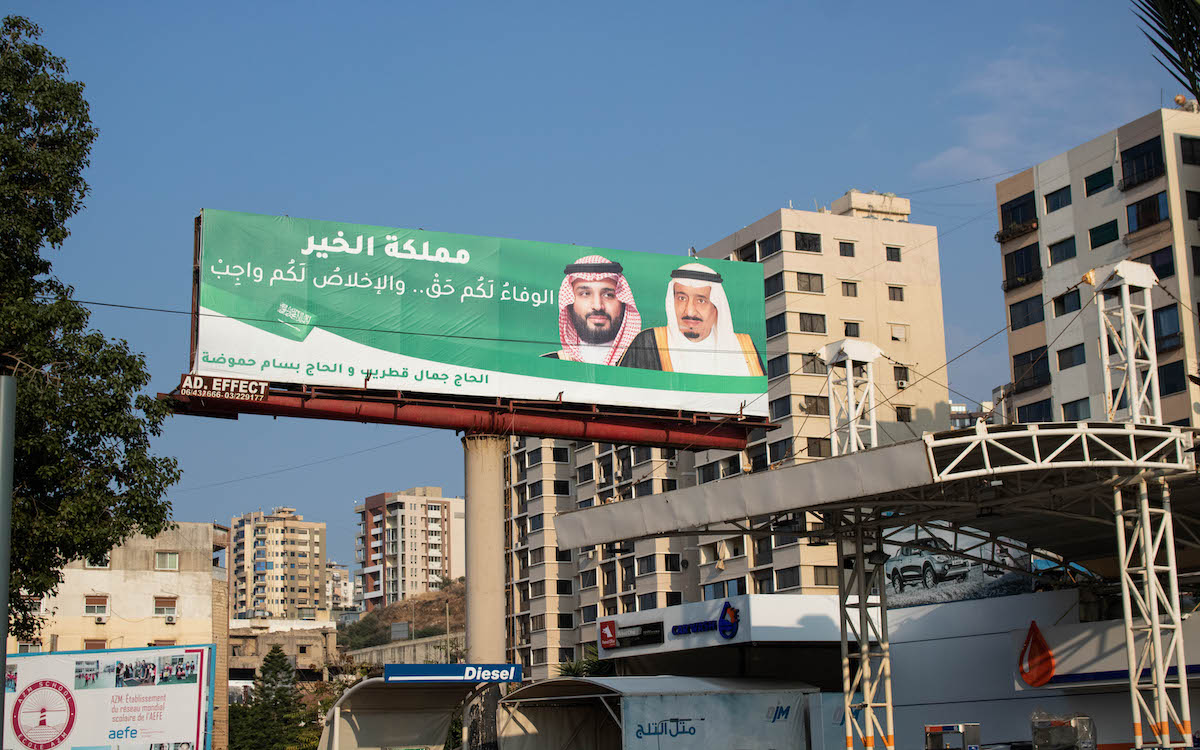
The region
When Saudi Arabia and several other Gulf Arab countries announced at the end of October that they were expelling Lebanon’s ambassadors to their countries and cutting diplomatic ties with Lebanon after an old interview with, now, former Information Minister George Kordahi aired in which he defended the Iran-backed Houthis in Yemen – it had a chilling effect on Lebanon.
Analysts were quick to point out that this was about much more than statements made by a man who was not even tapped to become part of the government yet.
Rather, it was about the growing influence of Iran and Hezbollah in Lebanon as well as the lack of return that Saudi Arabia and other Gulf nations were seeing on their investments in Lebanon.
While Kordahi’s resignation at the start of December helped to thaw the icy relations, it has done little to fix the situation.
“I don’t expect a quick return to normal engagement following [Kordahi’s resignation],” Salem stated. “Of course, this did not start with Kordahi and it’s not going to end with Kordahi. It’s deeper than that, particularly that they don’t feel that there’s any major member of the state, like the president or prime minister, who’s really standing up to Hezbollah. The president is allied to Hezbollah, Mikati is part of the group that it cooperates with. That is very pragmatic maybe but certainly not in opposition to Hezbollah.”
According to Salem, ties between Lebanon and the Gulf are unlikely to be fully repaired in 2022 as there is still the issue of corruption throughout many of Lebanon’s sectors and there is “still no economic reform and no economic turnaround.”
The elections could go a long way in helping repair relations, but it would all depend on if a president and prime minister who is willing to push back against Hezbollah are chosen to lead the country.
“If we get to a point where there is a different president who is more independent, tougher on the Hezbollah issue and really seen as credible and, maybe, also a prime minister who is seen as credible and at least trying to push back [against Hezbollah], if that happens, then I think they could be reengaged,” Salem said.
Even this, though, would likely only see some re-engagement between the two sides with more work needing to be done in order to see a return to normalization.
However, Salem pointed out that the Saudis are not very interested in Lebanon and are not going to be watching the elections with anticipation.
“[Lebanon] is really dominated by Hezbollah and there is really no one standing up to them, huge corruption, the economy has gone to the dogs and they have spent a lot of money in Lebanon and they have invested a lot in Lebanon,” the analyst stated. “So, they feel that they have done their part over and over again and the country has not moved forward and they’ve gotten nothing.”
Salem added that unless there is serious work done at home in Lebanon, the Saudis are unlikely to change their position any time soon.
Another country whose foreign policy could impact Lebanon is Iran, which is currently in the midst of negotiating with the US over the revival of the 2015 nuclear deal.
For Iran, this deal is a means of getting money flowing into the country again after countless sanctions have decimated its economy, while the US hopes that a deal would help to curb Iran’s attempts at making a nuclear weapon.
However, talks have not proved as fruitful as many in the West would have hoped and the possibility of both sides walking away with nothing is growing.
With or without a deal, little is likely to change in the region. However, a deal would bring more money into Iran, boosting its economy domestically, but also allowing them to continue funding their militia network throughout the region.
Israel’s defense minister, Benny Gantz, has said that Israel would take military action on Iran if the talks in Vienna lead to no deal so that the regional superpower would not be able to make a nuclear weapon.
Such actions would have a severe ripple effect throughout the region, particularly in Lebanon where Iran-backed Hezbollah would likely retaliate, possibly sparking a war with Lebanon’s southern neighbor.
“Will Israel do something as it says, threatens or talks about? That is an unpredictable risk,” Salem stated. “I think that so far it is mainly a type of talk to pressure the Biden administration to say that if ‘you don’t put a lot of pressure on Iran, then we might do something and if we do something then you’re going to be involved as well.’”
“If there is a war, which is hard to predict, Lebanon will either be part of it or it will happen before the big war,” he added. “Because if Israel is thinking about anything towards Iran, then they have to worry about Hezbollah first and that’s bad news for Lebanon for sure.”
But the more immediate threat to Lebanon is the ongoing economic crisis which economists say is only going to continue to worsen unless something is done soon.
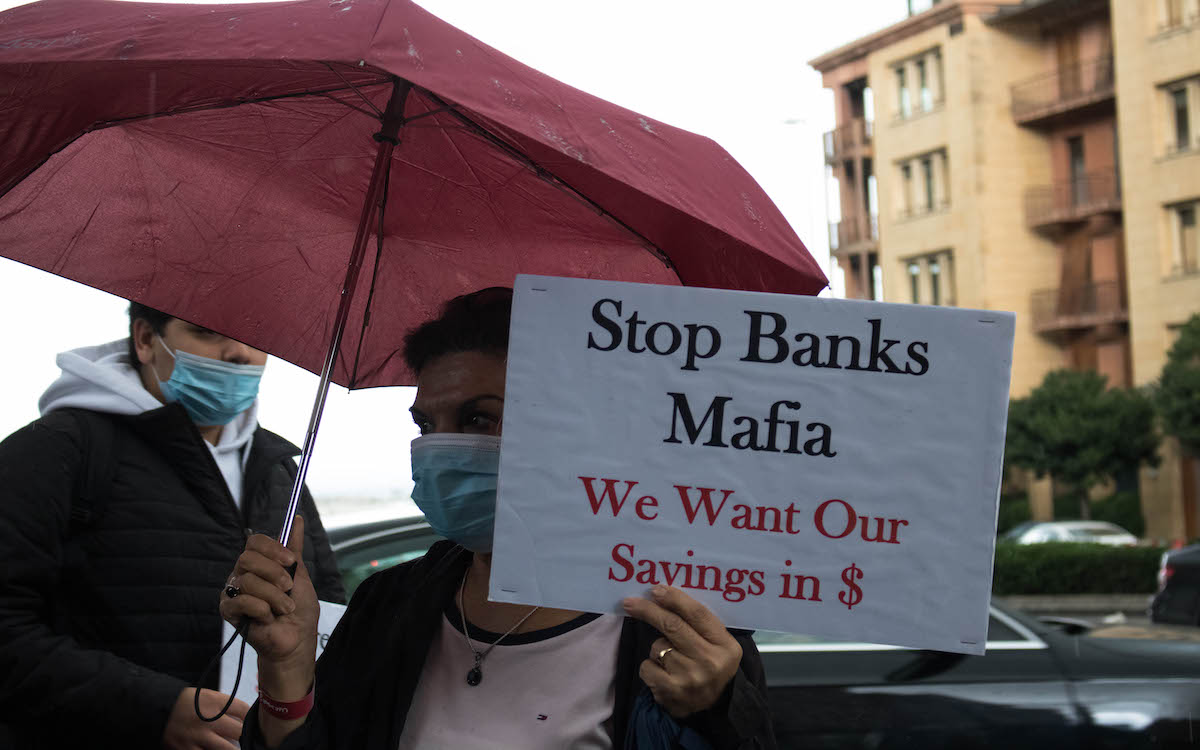
Continued collapse
The first time the local currency devalued to the US dollar in late-October 2019 it was only by a few lira, but it was a grim indicator of what was to come.
While officially pegged at 1,507 to $1, by the end of 2021 it reached an all-time low of 29,000 to $1, losing around 95 percent of its value and plunging a vast majority of the country into poverty.
In the time since the collapse began, little has been done by the country’s politicians to remedy the crisis, with the Central Bank implementing circulars that first allowed people to withdraw their money from their bank accounts at 3,900 to $1 and, later, at 8,000. But this has done little to help the millions of people struggling to get by.
According to financial advisor Mike Azar, 2022 does not seem like it is going to be much different than the last two years.
“We’re on the same trajectory as the last couple of years. Same people, same approach, same outcome. More emigration, more poverty and unemployment. More dismantling of the economy and social structure,” Azar told NOW. “After three years of waiting for one positive step from the political leaders and seeing nothing, I have no reason at this time to think anything will change for the better.”
While it is impossible to predict by how much the lira might continue to devalue in the coming year, Azar says that “given what we know today, there’s no reason to think it’s going to appreciate next year.”
The financial advisor even went one step further, saying that he believes that “the Lebanese lira is no longer savable as a currency and we need to start thinking about currency reform.”
Lebanon is like the madman who is threatening to cut himself if you don’t give him money. You can’t reason with him or threaten him. He’s insane.
“It’s difficult to see how a currency can lose 95 percent of its value and then have trust restored in it as a store of value,” Azar explained. “Two years ago the lira may have been savable, today I don’t think it is anymore.”
The banking sector has lost its credibility as people are unable to withdraw their money and, when they can, it is at a much lower rate than what basic goods are being priced at, making it nearly impossible for much of the population to purchase necessities, and forcing them to make tough choices on what is absolutely essential for survival.
“People have long memories,” Azar stated. “Would you put your life savings in a Lebanese bank after they tell you “it’s been restructured” and keep your money in Lebanese lira? I wouldn’t. So absent very, very radical changes, I can’t see a viable path towards anything improving.”
The Lebanese government is also negotiating with the International Monetary Fund, IMF, to unlock desperately needed donor funds that would help to stabilize the current situation.
However, these talks have seen little progress as Lebanon’s politicians have so far failed to enact reforms in order to receive the funding.
This has not stopped Lebanon from seeking ways to get some cash flowing into the country despite the international community insisting that if there were no reforms, then Lebanon would not receive any funds. That stance has since dwindled as the international community attempts to keep the Mediterranean country from collapsing entirely.
“The international community’s standards have come down quite a bit from where they were two to three years ago,” Azar said. “Remember they said “no reforms, no money”, but now we’re on the cusp of borrowing potentially $1 billion new money from the World Bank between the Egyptian gas, Jordanian electricity, the ESSN (Emergency Social Safety Net) etc. plus all of the aid that has been coming in.”
For Azar, Lebanon is “like the madman who is threatening to cut himself if you don’t give him money. You can’t reason with him or threaten him. He’s insane.”
“Until there’s a reason to think next year will be different from last year and the year before, the best prediction is that it will be the same. Same trajectory,” Azar stated.
One sector in Lebanon that has been hit especially hard by the economic crisis has been the healthcare sector, which has seen many of its medical professionals travel overseas seeking better opportunities, as well as the scarcity of medications and the rise in costs of medicine and treatment as subsidies are lifted.
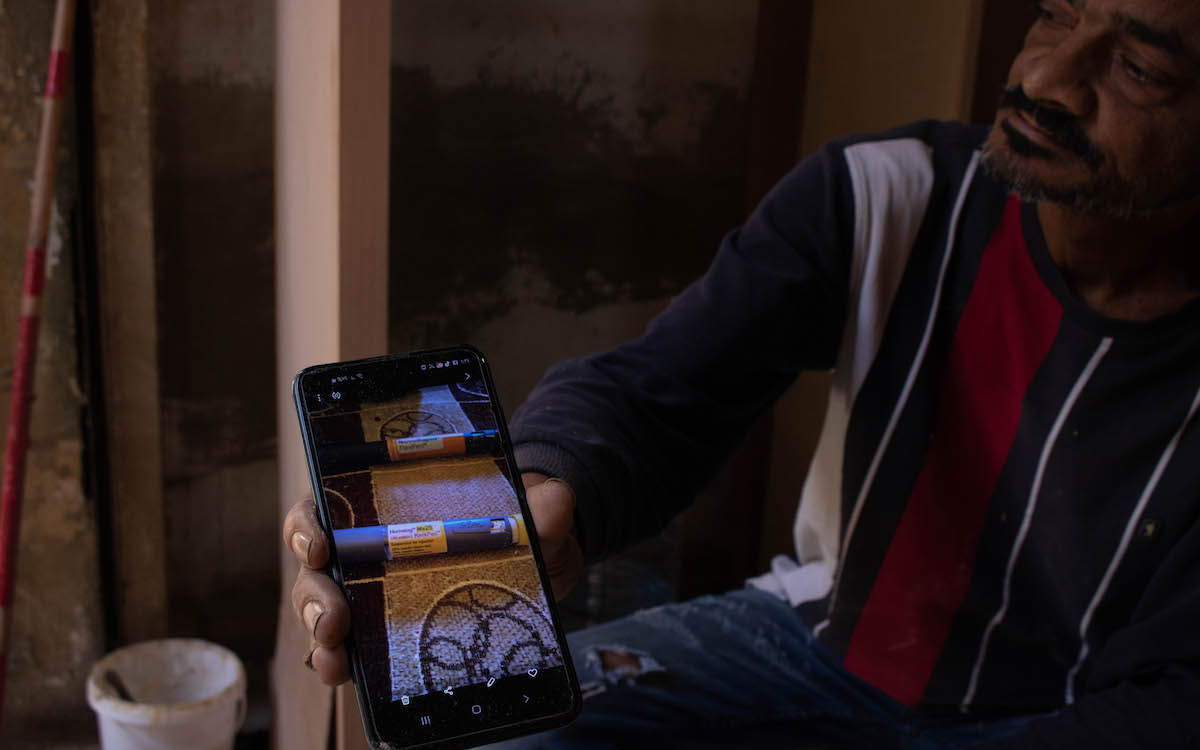
(Un)healthy living
As Lebanon’s economic crisis worsened, subsidies were slowly lifted to save on the Central Bank’s foreign reserves.
The consequences of this were quickly apparent.
Medicine became harder to find, and many had to depend on friends and family traveling from abroad to literally bring suitcases filled with medicine, particularly desperately needed chronic medications that became impossible to find.
“The reason why many medications were not available is that there was this failure of reaching an agreement between the importers, the Ministry of Health and the Banque du Liban about what is the amount that will be available before subsidies expire,” Lebanon’s Health Minister Dr Firas Abiad told NOW. “What that resulted is that in four or five months where no new medication was coming into the country.”
However, Abiad says that this problem has since been sorted and medicine is starting to flow back into the country, but admits that while many medications are available once more, such as treatments for cancer patients, there is still a significant gap when it comes to other desperately needed medications that treat chronic illnesses.
“I believe that in the first couple of months, in the new year, we will see medications becoming more available and steadily building up until we can have a market where availability is no longer an issue,” the health minister said.
Even with the ready availability of medicine, few can afford the skyrocketing prices.
“The main problem is that people’s income has been devalued by almost 95 percent,” Abiad stated. “And with the income, with the people’s whole salary is the equivalent of $60, then, obviously, those medications are going to be quite expensive.”
In order to address this issue and to ensure that the vulnerable have access to medicine, Abiad pointed to the primary healthcare centers where people can receive medicine for free, as well as collaborations with local industries to produce some medicines locally so that they can be sold at a cheaper price than their imported counterparts.
Abiad added that his ministry is looking into implementing medication cards that can be distributed to the most vulnerable in the country so that they can buy medications.
I believe that in the first couple of months, in the new year, we will see medications becoming more available and steadily building up until we can have a market where availability is no longer an issue.
“This is a similar idea to the ration card where people will receive cards that will allow them to support their purchasing of medications from pharmacies and so on,” he explained. “This is something that we are starting to work on. I think we will take a bit of time, but what it signifies is that we are tweaking with the current situation and trying to find solutions for the vulnerable to get access to medications.”
Until this program is rolled out, as the economic crisis continues to worsen, medicines are still going to be out of reach for many Lebanese.
Another dark cloud that looms over Lebanon’s health is the ongoing coronavirus pandemic.
Lebanon currently has over 700,000 confirmed cases in total as well as nearly 9,100 deaths, with currently an average of 1,000 to over 2,000 cases and 15 deaths per day.
Vaccinations have been slow with only 32 percent of the country receiving at least one dose.
This recent rise in cases does not concern Abiad since “the rate of increase has not been very steep” but adds that Lebanon has not “seen the rapid spread of Omicron in Lebanon yet. I think that we are still seeing the remanence of a Delta wave.”
The possibility of taking stricter measures following the new year is something that Abiad is considering depending on what kind of numbers the country starts to see in around two to three weeks after people celebrate the holidays and new year together.
“That is what will dictate whether we will need to go into stricter measures, even reaching a lockdown, or not,” he said.
Vaccinations are also being opened up for people to walk in and register and directly get their first dose in an effort to speed up the process.
According to Abiad, weekly vaccination doubled when they started implementing this policy, going from around 60 to 70,000 doses per week to between 140 to 150,000 doses.
While the global pandemic and rise in costs of medicine remain some of the biggest problems facing Lebanon’s healthcare sector, for Abiad, the biggest threat comes from the continuation of the current situation.
“A continuation of this very muddy environment where we really don’t have any certainty when it comes to the financial, the political situation and that will definitely reflect on instability in the healthcare services,” he stated. “I think that this sort of environment of very high uncertainty makes it extremely difficult for you to plan and it also has implications on issues such as financing because, at the moment, what we have is money trickling in that is barely sufficient for humanitarian aid.”
As long as the economic, political and social crises continue to deepen, it will be impossible to create any long-term solutions. In order to do this, there is the need to build up systems and capacities.
“At the moment, unfortunately, we don’t have indications that that will happen soon,” Abiad stated. “We’re still in a very, very volatile and uncertain environment.”
Nicholas Frakes is a multimedia journalist with @NOW_leb. He tweets @nicfrakesjourno.



